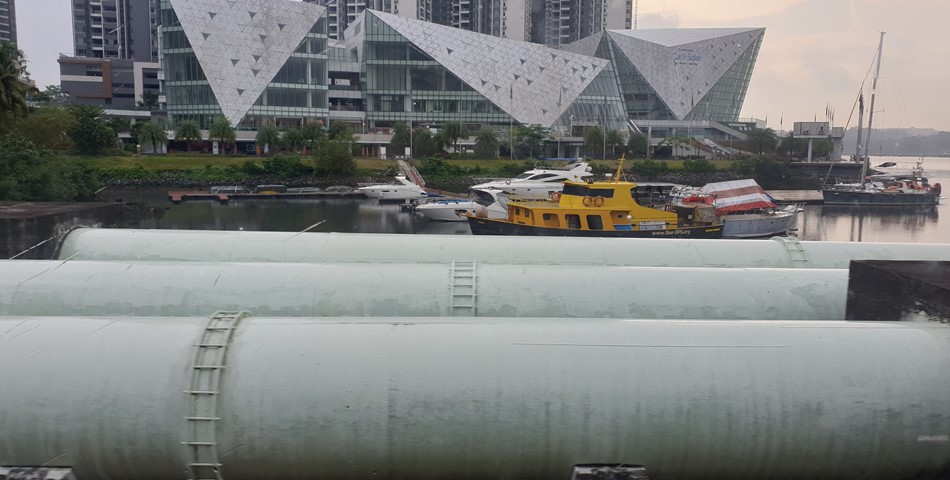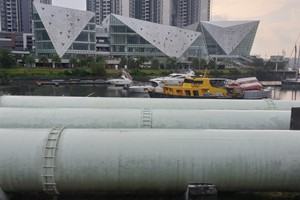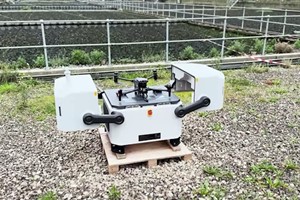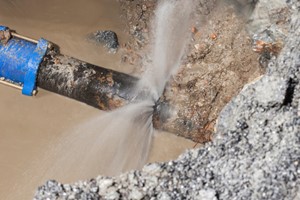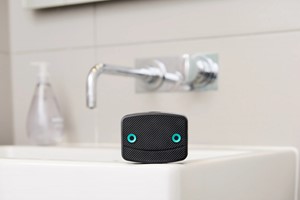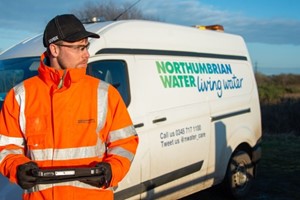In the realm of building features, water conservation often takes a backseat to the spotlight-stealer, energy efficiency. This dynamic is understandable given the comparatively higher cost of electricity versus water. However, the tide is turning as building owners increasingly recognize the importance of managing water consumption, spurred on by drought conditions in various U.S. regions and the resultant escalation in water prices nationwide. Moreover, the nexus between water conservation and carbon emissions is gaining prominence, with approximately 80 pounds of carbon emissions generated for every thousand gallons of water used in commercial properties due to the electricity required for water pumping.
Addressing leaks emerges as a critical facet of water conservation efforts. Beyond the wastage of water, leaks contribute to property damage and are leading causes of commercial property insurance claims. The escalating costs associated with such claims have prompted insurers to demand more robust leak monitoring technologies. Traditional methods of leak detection, often reliant on physical inspections or pressure checks, prove inadequate, particularly in complex plumbing networks.
Enter the era of artificial intelligence (AI)-enabled leak detection systems, signaling a paradigm shift in capabilities and installation costs. These advanced systems leverage sophisticated sensor technologies to track water usage patterns over time, enabling the detection of anomalies in pressure and flow rates indicative of potential leaks.
What sets them apart is their AI-driven learning capability, which enables them to discern between normal operational variations and leak-related irregularities in real-time, thereby enhancing detection efficiency.
Deployed throughout plumbing networks, these sensors offer comprehensive coverage, capable of detecting leaks anywhere on the property. Moreover, many systems are equipped to automatically shut off water supply upon detecting critical leaks, mitigating potential damage.
Over time, AI-powered leak monitoring systems harness historical data to forecast potential issues, empowering property owners to proactively prioritize maintenance—a marked departure from reactive approaches of traditional methods.
One such innovative solution is offered by Conservation Labs, a company revolutionizing leak detection through sensor-based technology. Their approach involves fitting sensors over the main lines of buildings, accompanied by a user-friendly app for real-time alerts and water usage insights. Unlike conventional methods requiring invasive pipe modifications, Conservation Labs' sensors employ audio analysis—capturing and analyzing pipe sounds using algorithms developed in-house. By interpreting these acoustic profiles, the system can identify stress indicators and predict potential leaks, earning it the moniker "Alexa for pipes."
The primary allure of such technology lies in its ability to drive significant water conservation. Conservation Labs claims their solution can reduce a building's water usage by an average of 20%, translating into substantial savings. For instance, a leaking toilet can squander approximately 100 gallons per hour, amounting to an estimated $15,000 in annual water wastage if left unaddressed. Beyond cost savings, curbing water consumption also contributes to reducing a building's carbon footprint—a noteworthy environmental benefit.
Conservation Labs' technology finds particular resonance in multifamily properties and establishments like restaurants and commercial kitchens, where water consumption rates tend to be higher. However, its applicability extends to office properties as well, hinting at broader adoption potential across diverse sectors.
Nevertheless, Conservation Labs isn't the sole purveyor of AI-powered leak detection solutions. WINT Water Intelligence offers a similar offering, catering to both commercial and residential properties, with endorsements from prestigious entities like the Empire State Building. The latter's adoption of WINT's technology not only rectified a costly water wastage issue but also led to a notable reduction in carbon emissions—an added incentive for environmentally-conscious property owners.
Beyond leak detection, AI-powered sound analysis is gaining traction in various commercial applications, ranging from vehicle safety enhancements to industrial machine health monitoring. While AI-powered leak detection systems boast impressive precision rates, reaching up to 97%, challenges persist, notably in false positive detection. Nevertheless, ongoing advancements hold promise for continued refinement, underscoring the burgeoning role of AI in shaping the future of leak detection technology.
By Nick Pipitone



